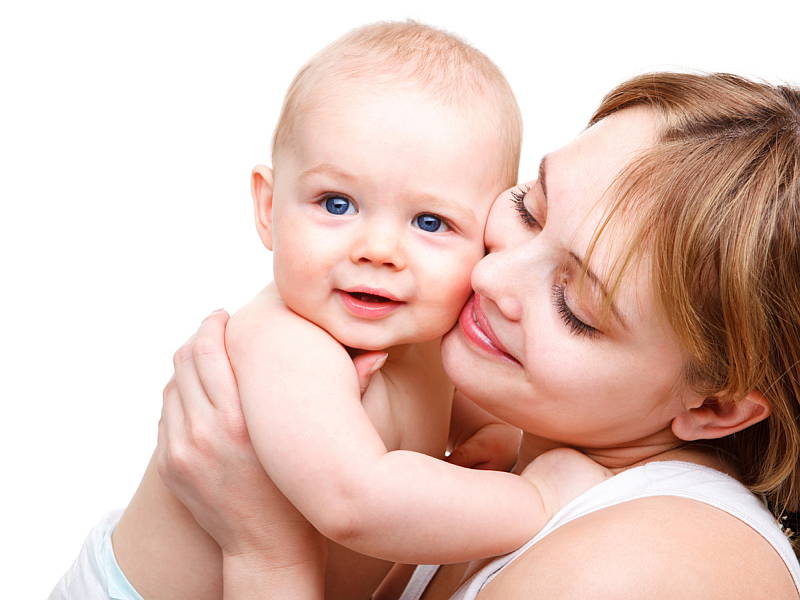
If you’re a woman who is having problems conceiving, you may need to look to your thyroid for your answer. Both hypothyroidism and hyperthyroidism can affect your ability to conceive. While they have seemingly opposite symptoms, both conditions can affect your ability to have a baby. This article will give you an overview of symptoms and treatments for both hyper- and hypothyroidism. If you have a malfunctioning thyroid gland, treatment may help you to conceive.
Your thyroid gland governs your metabolism. It helps your system to metabolise the calories you take in to turn them into energy. A properly functioning thyroid gland produces just enough T3 and T4 thyroids hormones to allow your body to metabolise everything you put into it.
If your thyroid gland is not functioning properly, you’ll find one of two things happen. Either you’ll suffer from hypothyroidism or hyperthyroidism, the under-activity or over-activity, respectively, of your thyroid.
If you suffer from hypothyroidism, you may find that you’re chronically exhausted, no matter how much sleep and rest you get. In addition, you may be depressed, gaining weight, and your blood pressure may rise from the added burden to your cardiovascular system. The lack of metabolic activity associated with hypothyroidism can also affect your fertility with undiagnosed or untreated hypothyroidism often resulting in a changed menstrual cycle and ovulation.
Alternatively, if you have hyperthyroidism, you may be constantly anxious. In addition you will notice signs of unexplained weight loss and inability to sleep. Generally, heart rate and blood pressure rise from over-taxing on your heart. Hyperthyroidism may also negatively affect your libido, making it difficult to conceive.
If you are trying to have a baby, and you are concerned with your thyroid, it is important to get a blood test to ensure that your body is functioning as it should. The elevated blood pressure associated with both hyperthyroidism and hypothyroidism can affect your ability to conceive, but that’s not the only thing you need to worry about. If you have thyroid issues, and you manage to conceive, you may have concerns for your fetus.
If you are an expecting mother and you’re concerned about your thyroid, you need to talk with your doctor. Expecting mothers with malfunctioning thyroids may have problem with their fetuses where the fetus may be subject to low birth weight, birth defects, premature birth, thyroid problems, and even stillbirth.
It is important that you pay close attention to your symptoms if you are concerned. If you are experience some combination of lethargy, exhaustion, depression, weight loss, or high blood pressure, you may have hypothyroidism. If you are constantly anxious, have trouble sleeping, have experienced unexplained weight loss, and increased blood pressure, you may be suffering from hyperthyroidism.
Treating thyroid problems will not only help you to conceive, but it will also help you to bring a healthy baby to term. If you have an over- or under-active thyroid, you will not be able to produce the nutrients in your breast milk that your baby will need. Not only that, if you’re suffering from hypothyroidism, you may feel too exhausted or depressed to take care of a newborn. If you’re suffering from hyperthyroidism, you may find that you are too stressed out to deal with all of your baby’s needs.
Get your thyroid checked for your own health and for the health of your expectant baby. If you have a healthy thyroid, you can conceive and bring a healthy baby to term. Then you’ll have the energy to raise your child to be healthy and happy.
